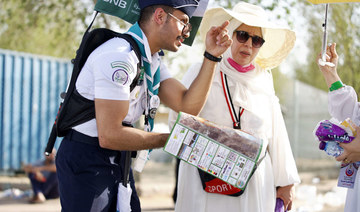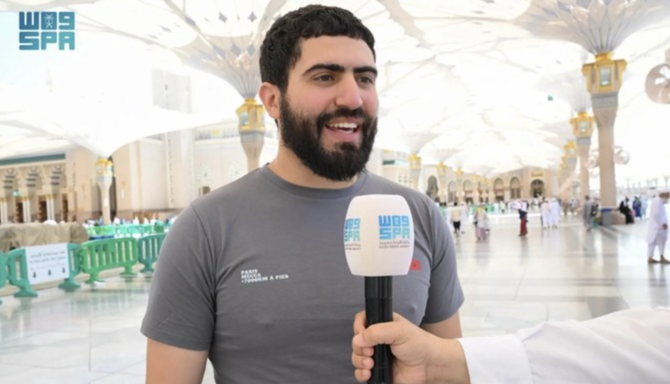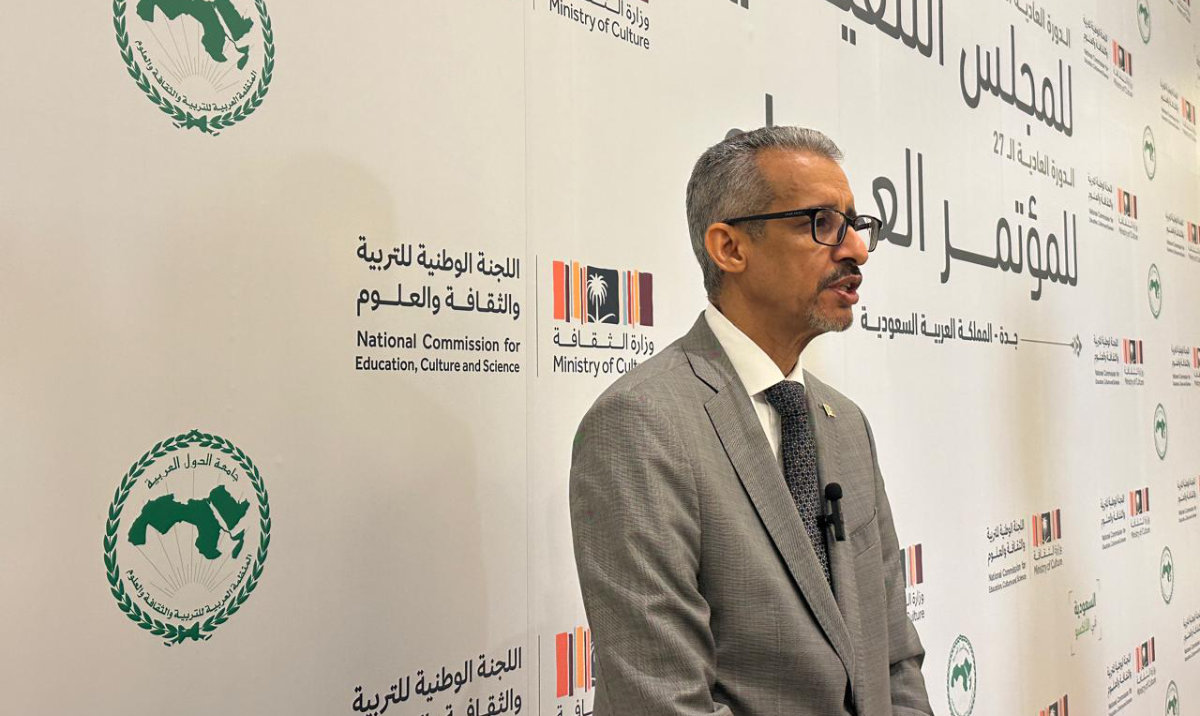RIYADH: Djibouti’s president has pledged his country’s commitment to helping bring about maritime security in the Red Sea, while also fighting terrorism.
Ismail Omar Guelleh noted that the East African nation was cooperating with major powers, including Saudi Arabia, to ensure safe passage for international shipping in the Bab El-Mandeb (the strait that connects the Red Sea with the Gulf of Aden), and the Gulf of Aden.
“It’s crucial to resolve regional crises and work together to keep navigation safe in the Red Sea,” Guelleh told Asharq Al-Awsat.
He said that Djibouti’s strategic position meant it played a vital role in facilitating global trade, adding that his country was cooperating with nations such as the US, France, the UK, and Red Sea coastal states, particularly Saudi Arabia, in combating terrorism and ensuring maritime security.
Guelleh said: “Our focus is on regional and global cooperation to maintain security and smooth navigation in the Red Sea, crucial for international maritime transport.” And he pointed out that Djibouti had “a pivotal role in safeguarding Red Sea security.”
He added: “With balanced relationships and a strong reputation for stability and peacekeeping in a tumultuous region, Djibouti stands as a key player.
“Saudi Arabia, being a fraternal state, holds significant religious, political, and economic influence.
“The two brotherly nations cooperate in various fields, including security, trade, and energy. Undoubtedly, this bilateral cooperation plays a vital role in achieving stability in this critical region.”
On Djibouti’s ties with Saudi Arabia, Guelleh highlighted those relations dated back to 1977 when his country gained independence.
He said: “Cooperation is ongoing across various sectors, including security, military, and business. Since 2008, both countries have signed around 30 agreements covering diverse areas.”
Djibouti, he added, was looking to further strengthen collaboration with Saudi Arabia, “particularly in maritime transport, logistics, and port services, building on our significant progress in port development.”
Guelleh also revealed that moves were underway to develop joint maritime and air transport projects, along with establishing a free zone and warehouses for Saudi exports within Djibouti’s International Free Trade Zone, with the aim of boosting Saudi exports to Africa.
On the crisis in Sudan, he said Djibouti, as a member of the Intergovernmental Authority on Development, was actively working to end the conflict in the North African country, adding that Sudan, also a key IGAD member, was crucial for regional stability.
Guelleh said: “Since the conflict (in Sudan) erupted in April 2023, Djibouti has been urging an immediate ceasefire and negotiations between the parties involved.
“As the current head of the IGAD, Djibouti is working closely with member states and the global community to find a solution to Sudan’s crisis.
“We’ve hosted talks with representatives from all sides of the Sudanese conflict, all expressing a strong desire to end the war due to its severe impact on the country and its people.
“We’re hopeful that our efforts will lead to a lasting ceasefire and solutions to Sudan’s challenges.
“It’s essential to prevent Sudan from descending into civil war, given its significant regional influence. We urge everyone to support international calls for peace in Sudan,” he added.
While Djibouti maintained a neutral policy in the Horn of Africa, it hosted several military bases that helped the country’s efforts to fight terrorism and piracy, Guelleh noted.
On hosting both American and Chinese bases nearby, he said: “We maintain balanced relations with major powers, cooperating or making agreements with any party within the framework of national sovereignty and interests.
“This approach demonstrates that coexistence is possible if there’s a willingness to do so.
“International military bases in Djibouti primarily aim to cooperate in maintaining security in the Red Sea region, the Gulf of Aden, and Africa as a whole.
“Many countries with military bases in Djibouti emphasize protecting their commercial and investment interests,” Guelleh added.




























